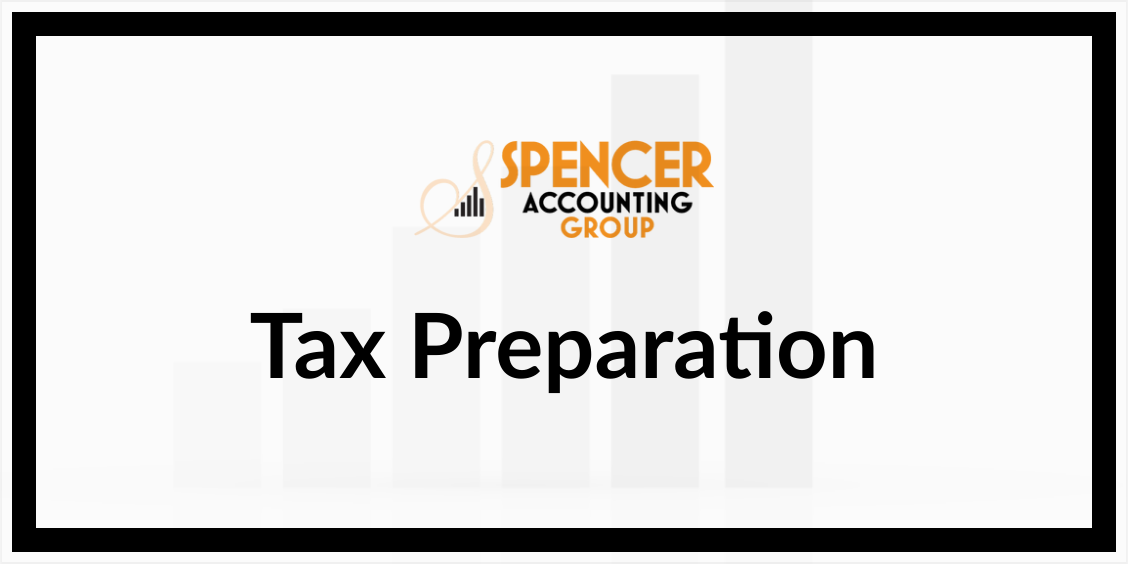|
Tax law requires your S corporation to pay you, the owner-employee, reasonable compensation for the work you do. But what about in a year when your corporation has a loss? Does a lack of net profits absolve you from the obligation to pay yourself a salary? No. It sounds crazy, but your S corporation can have a net loss for the year and do something that causes a salary. And if the IRS and/or the courts find that your S corporation did not pay you reasonable compensation, you can experience a new surprise salary, payroll taxes, and penalties. This will make your bad year worse. Basic Law of Compensation You likely know that there are times when the law requires you to be paid a reasonable compensation. But when exactly does the IRS require this from? Here are some common misconceptions:
That’s not how it really works. IRS Assigned Salary resulted in a Net Loss for a Corporation. Frederick Blodget created glass blocks for windows, room dividers, skylights and other real estate uses. The industry took a nosedive at one point and his business suffered. Following the nose dive he loaned about $55,000 to his company over the next two years, in which they had a net business income of $877 and $8,950, respectively. He didn't take a salary during those two years. The IRS assigned an income of $30,000 a year, in which Blodget took to the tax courts to fight the claim since his firm didn't make enough money to cover the cost of the income. The court upheld the IRS determination, stating that his line of work would make no less than $30,000.  By assigning a salary the Tax Courts and the IRS actually gave his corporation a net loss for the year. Results: Blodget had to pay the following:
If Blodgett, had taken a reasonable salary back by statical analysis, he would have only paid payroll tax during the year. But Wait there is More! The new IRS proposed regulations confirm that wages paid to shareholder-employees to be treated as reasonable compensation.
That’s good, and it opens planning opportunities. Even better! There had been some reports stating that wages did not count for the Section 199A wage calculation or that it was necessary for the IRS to clarify in its regulations whether such wages were wages for the 199A calculation. Now the tax code and the regulations are aligned with clarity as to the wages paid to the shareholder-employees. And in the new proposed regulations, the IRS has issued a stern warning: fail to pay a reasonable wage and the IRS will deduct what it thinks is the reasonable wage from your Section 199A qualified business income—and, of course, that would create big trouble on the wages not paid. This is not a new practice for them. In another case, the IRS found that reasonable wages were not paid, where the salary was $24,000, the IRS assigned an income of $91,044, which they were backed by the Tax Court. Resulting in $23,431.23 in paid payroll taxes, penalties and interest. Claiming a Reasonable Wage requires a compensation analysis backed by statistical data, which requires studying the industry, current percentage rates, fringe benefits, investments and more. If your wages are not backed by statistical data, allow us to noodle some numbers for you. You will receive a comprehensive report with recommended salary to support your claim.
0 Comments
Leave a Reply. |
We're Here to HelpGet advice from our experienced network of financial managers. If you Value our Blog, We have an ask.We spend hours researching data to help you understand your finances and taxes, including historical context, issues, and solutions. Our goal is to empower people to improve their relationship with money. Please consider a $3 donation today. Important Disclosures
Spencer Accounting Group, LLC does not provide investment, tax, legal, or retirement advice or recommendations in these blogs. The information presented here is not specific to any individual's personal circumstances. AuthorKeana Spencer is an Accountant, Entrepreneur, and Educator to her clients, with a strong passion. Keana has over 10 years of experience and through her practice, she is a source of knowledge and strategies to her clients. |



 RSS Feed
RSS Feed




